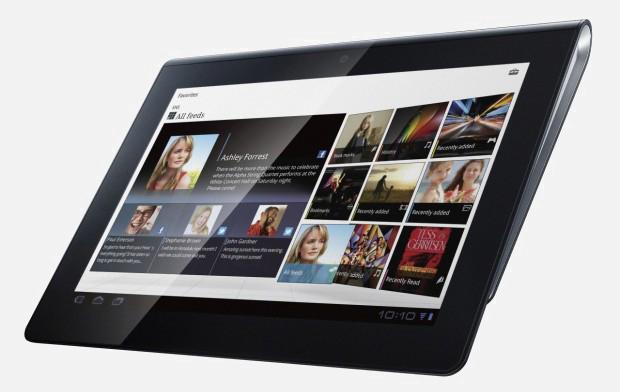New Sony CEO looking to shift to Apple-like integration of hardware, software [u]
Update: Sony reported an operating loss of $1.2 billion for the December quarter on revenue of $23.4 billion.
Sony announced on Wednesday that its board of directors had unanimously appointed Hirai, who is famous for his work with Sony's gaming business, to be the company's new CEO, ousting Howard Stringer, who will transition to non-executive chairman of the board on April 1, The New York Times reports.
The management shuffle comes as the company is struggling to return to profitability. The Tokyo, Japan-based electronics maker is on track to report its fourth consecutive year in the red, with $2.3 billion in losses expected to come from its TV division alone. Stringer failed to turn the company around after taking the reins as Sony's first foreign chief executive in 2005.
According to a profile of Hirai in The Wall Street Journal (via The Verge), the 51-year-old executive is planning drastic measures for the company when he takes over.
"We can't just continue to be a great purveyor of hardware products," he reportedly told the publication, noting that he is looking to move on from past successes and focus more on software and services.
Hirai's stated strategy has drawn comparisons to Apple's own. The Cupertino, Calif., company wasn't content to rest on its laurels with the iPod and proceeded to revolutionize both the smartphone and tablet industries. Apple is also known for its high level of control over the product development process and its tight integration of hardware, software and services.
It's only fitting that Sony draw inspiration from Apple, as Apple co-founder Steve Jobs said that Sony had an influence on him during his company's early years. He was a friend of Sony co-founder Akio Morita and had said he was impressed by the company's transistor radios and Trinitron TVs. Ultimately, Jobs went on to beat Sony at its own game by dominating its Walkman music player line with the iPod. In recent years, the rise of Apple's iOS as a viable gaming platform has even begun to take a toll on Sony's PlayStation profits.
Hirai expects to face resistance from his colleagues as he works from within to return Sony to its innovative roots. "I don't think everybody is on board," he said.
Sony has been characterized as being sluggish and reactive as of late. For instance, Sony unveiled its first touchscreen tablet offerings last April, more than a year after Apple released the iPad, and then waited until October 2011 to ship one. Despite Sony's assertion that its first-generation tablets "truly represent the best of everything Sony has to offer," the devices have been poorly received and have failed to gain traction.
The company has even admitted that it is racing to preemptively avoid any threat from Apple in the television industry. Stringer said late last year that he had "no doubt" that Jobs was working on an innovative new television set. The executive admitted that he had "spent the last five years building a platform" to compete against Jobs. But, on the bright side, Apple's rumored entrance into the television market wouldn't threaten any current profits from its rival, as Sony's television business has lost money for seven straight years.
"We can't continue selling TV sets [the way we have been]. Every TV set we all make loses money," Stringer said of the industry last November.
 Josh Ong
Josh Ong











 William Gallagher and Mike Wuerthele
William Gallagher and Mike Wuerthele
 Christine McKee
Christine McKee
 William Gallagher
William Gallagher
 Malcolm Owen
Malcolm Owen
 Marko Zivkovic
Marko Zivkovic


 Wesley Hilliard
Wesley Hilliard







